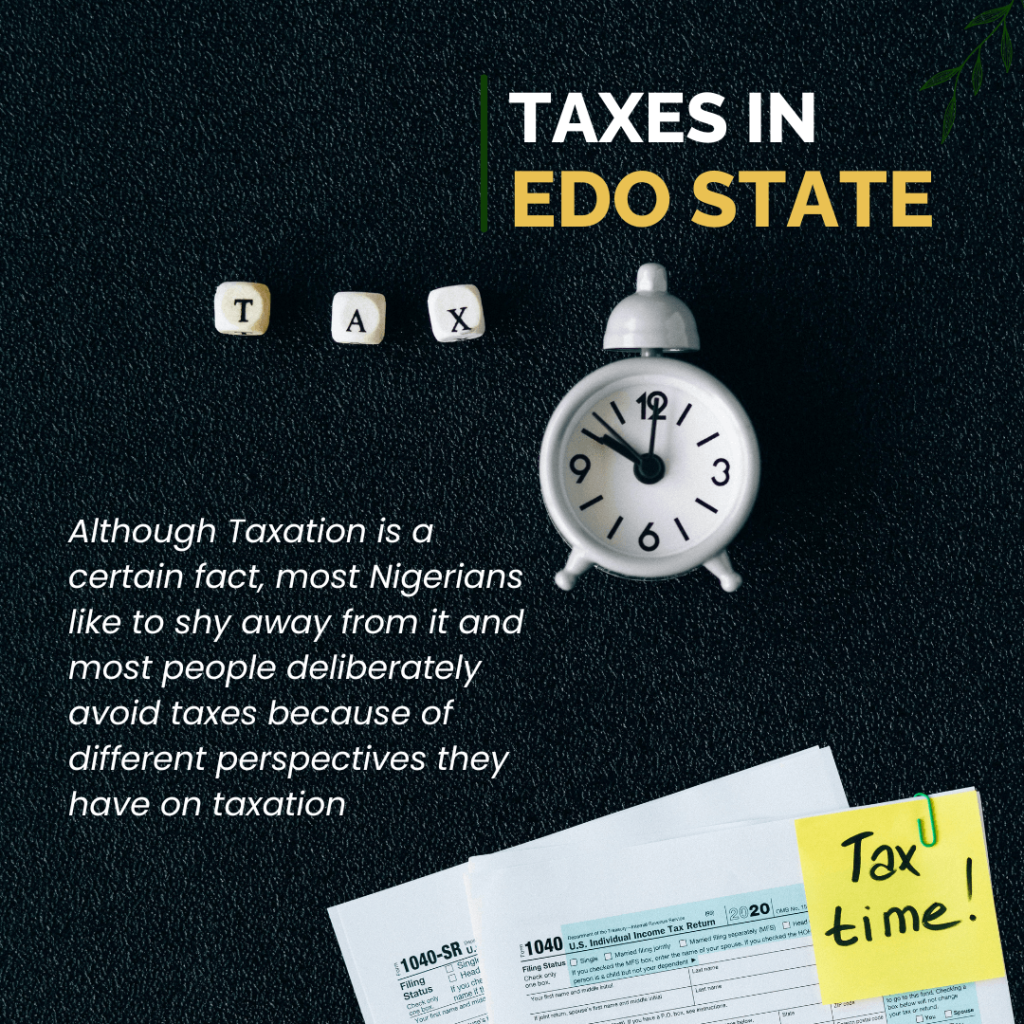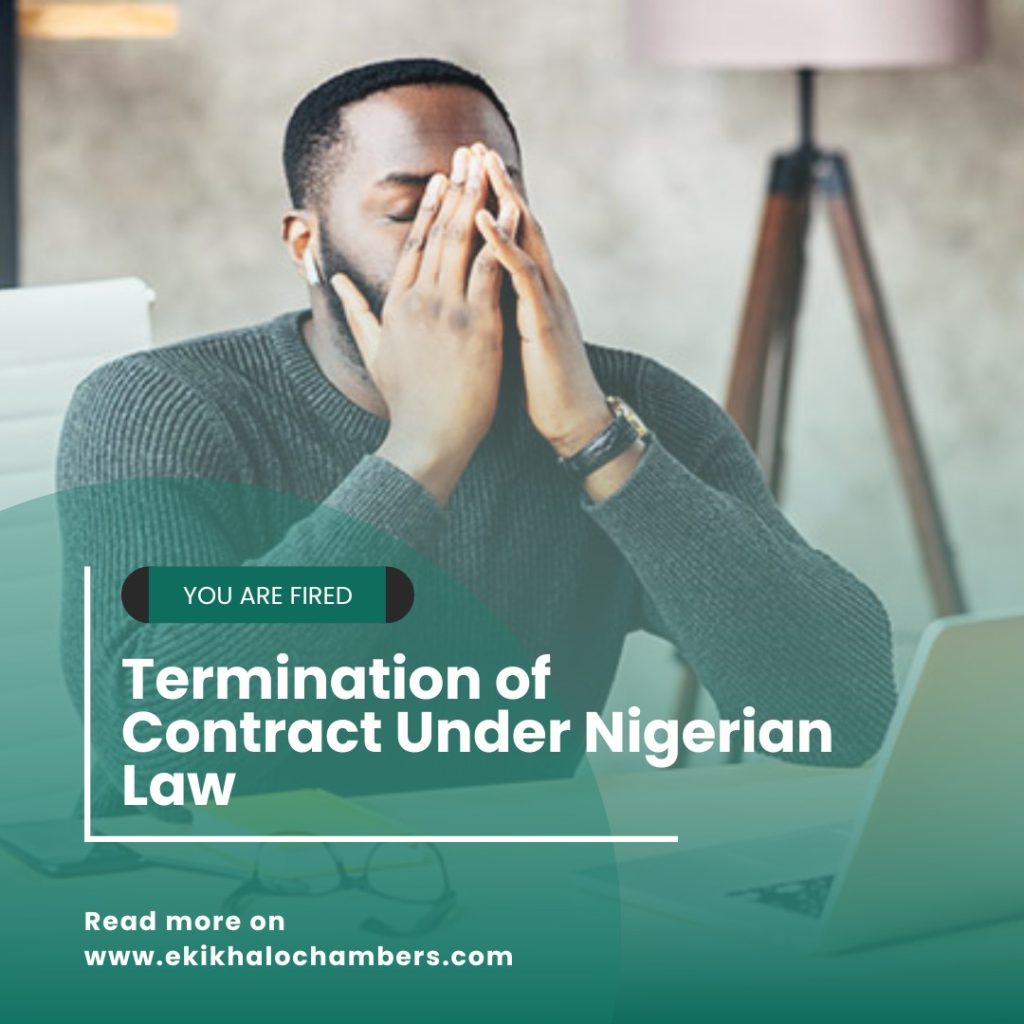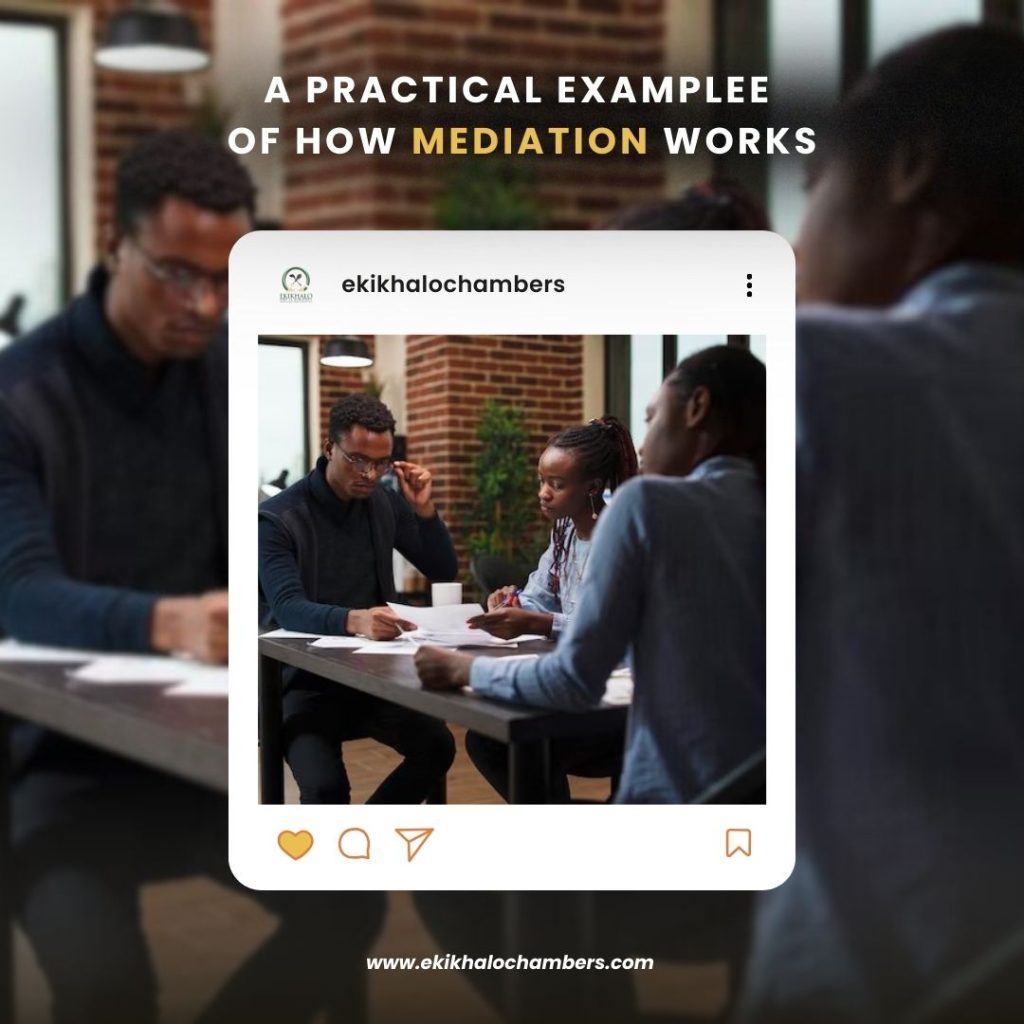On May 29, 2023, The new president of Africa’s largest democracy, Nigeria used his inaugural address to make a major policy announcement to ease pressure on government finances.
President Bola Ahmed Tinubu said the decades-long subsidy on petroleum products was being scrapped.
“Fuel subsidy is gone,” he told a packed crowd in the capital, Abuja. Around the same period, the Legal Practitioner Remuneration committee made a law which came into effect in May 2023 aptly called LEGAL PRACTITIONERS REMUNERATION (FOR BUSINESS, LEGAL SERVICE AND REPRESENTATION) ORDER,
2023.
The fact that this law can be said to be a saving grace for lawyers in Nigeria especially as the effect of the subsidy removal ravaged the lives of Nigerians in a way never seen before simply cannot be over-emphasized. The law, unlike the previous order, states specifically what a lawyer should charge clients for transactions depending on the year of call of the legal practitioner.
A public opinion poll conducted by NOIPolls in June 2023, barely two months after the removal of subsidy, has revealed that 73 percent of adult Nigerians nationwide lamented the negative impact of subsidy removal as the fuel cost has affected their spending on other commodities.
Additionally, 10 percent of adult Nigerians disclosed they can no longer sustain their businesses, another 10 percent complained that they now spend more on transportation fares while 3 percent criticized the high cost of goods and services.
As a coping mechanism, 2 percent revealed that they have reduced their spending while another 2 percent indicated that they have also reduced the number of days they work. Lawyers, as would be envisaged, were not cut-off from the negative effects that enamored Nigerians as a result of the subsidy removal. In fact, remuneration of lawyers has been an issue discussed long before 2023.
In the same vein, in 2023, the General Council of the Bar made into law Rules of conduct aptly called ‘Rules of Professional Conduct for Legal Practitioners 2023’.
This rule covers the relationship of the Legal practitioner with the Nigerian Bar Association, Relationship with the Courts, relationship with other lawyers, relationship with non-lawyers and finally relationship with their clients.
Let us look into Rules of Professional Conduct for Legal Practitioners 2023 especially Rules 48.
RULE 48(1)
A LAWYER IS ENTITLED TO BE PAID ADEQUATE REMUNERATION FOR HIS SERVICE TO THE CLIENT.
This section of this rule is beneficial to lawyers bearing in mind the economic situation in Nigeria and the fact that cost of living has increased more than five-fold for even the average Nigerian. As to the discussion on how lawyers should adequately be compensated, it has long been a topic of discussion.
Speaking at the 2018 conference of the Nigerian Bar Association on Legal Practice, Mr Paul Usoro (a Senior
Advocate of Nigeria) has this to say:
“The quality of your work determines what you earn and it will help to put you at the top level of your earnings. You need to aim to be at the top level of your practice and that will determine the fees you command.”
With regards adequate compensation to a lawyer, the matter cannot be fixed by contract alone. The law has to provide a benchmark below which it would be considered illegal or unethical for clients to pay a lawyer.
This is bearing in mind that the Legal profession is a professional discipline and a heavily regulated one whereby the Lawyer pays an annual fee to belong to. It would not be out of place for the same law which has done a good job of dictating the conduct of lawyers and compelling payment of practicing fee to also look out for the welfare of its members when it involves business relationship.
Regulating Business relationships in this sense not only informs the Client, who is without doubt a no -lawyer, of the provisions of the law when it comes to paying a legal professional but it also makes sure the lawyer is not left out of place financially as the economy bites harder.
With regards to complaints about the fee structure and charges to be meted out by lawyers, In 2020 The law firm S.P.A. Ajibade & Co, last Thursday, brought an array of top Nigerian Lawyers together, to brainstorm on the crucial issue of remuneration for Lawyers for legal services.
The webinar concluded that, “There is no standardisation or scale of fees for Lawyers in Nigeria. This leads to a wide gap between what different Lawyers charge.”
Section 15(3) of the LPA enjoins the Remuneration Committee to create a scale prescribing the maximum fees that can be charged. Considering the fact that we operate in a free market economy, this may be too restrictive and impracticable.
Section 52(d) provides that Lawyers should charge based on the customary fees, considering the existing scale of fees.
“The NBA should set a minimum standard that is transparent to prevent the undervalue of legal services and preserve the dignity of the profession.”
And also, due to the clamour at the NBA urging the body to look into the welfare of legal practitioners, the Legal practitioner Remuneration Committee decided to enact into law the LEGAL PRACTITIONERS REMUNERATION (FOR BUSINESS, LEGAL SERVICE AND REPRESENTATION) ORDER, 2023 which replaced the Legal Practitioners (Remuneration for Legal Documentation and Other Land Matters) Order 1991.
Here are a few things to note about this new order:
1. The Law came into effect on the 16th day of May 2023. Some are of the opinion that the new Rule will come into operation in January 2024. That position, however, is untenable given that the commencement date of the new Order as contained in the gazetted copy is the 16th day of May 2023.
2. The law revoked and replaced the Legal Practitioners (Remuneration for Legal Documentation and Other Land Matters) Order 1991. (Paragraph 13)
3. The new legislation covers legal practitioners’ remuneration for business, legal services and legal representation unlike the revoked order of 1991 which covered only remuneration for legal documentation and other land matters.
4. The law contains 4 scales in the 1st schedule according to which a legal practitioner shall charge his legal fees as follows:
A. Consultations and Legal Opinions – Scale 1
B. Incorporation or registration of companies and business
names – Scale 2
C. Litigation – Scale 3
D. Property transactions – Scale 4
E. The remuneration of a legal practitioner with respect to any commercial or other transaction or service not covered –
Scale 5 (though the lawyer is entitled to charge a percentage-based fee)
(Paragraph 1)
(A simplified chart showing the minimum fees chargeable by lawyers with respect to legal businesses under the new Legal Practitioners Remuneration Order is provided hereunder)
5. Unless otherwise agreed by the parties, the fees contained in schedules do not include costs and disbursements.
(Paragraph 3)
6. Every draft or copy of documents or instruments produced by the legal practitioner in the course of his work belongs to the client. (Paragraph 4)
7. The legal practitioner may opt to charge based on the provisions of Paragraph 2 of the Order provided –
A. He communicates his decision to so charge in writing to the client; and
B. The remuneration is not lower than those contained in the relevant scales. (Paragraph 5)
8. A legal practitioner may accept from his client security for his remuneration and may charge interest of 10 percent on his disbursements and costs. (Paragraph 6)
9. A legal practitioner shall within 14 days from the date of iinstructions issue to the client written terms of engagement. (Paragraph 7)
10. Where the lawyer fails to issue written terms of engagement to the client and a dispute arises between the client and the lawyer relating to the legal practitioner’s fees, the provisions contained in the scales shall apply (Paragraph 7 sub-paragraph 4)
11. Fees chargeable on the scales provided by the Legal Practitioners Remuneration Order 2023 are not negotiable! (Paragraph 8)
12. Where a lawyer intends to charge lower than the scales provided, he shall apply to the Bar Remuneration Committee for approval or refusal. (Paragraph 10)
13. The law recognizes the right of lawyers to do pro bono legal services under the Legal Aid Act or for family members. (Paragraph 12)
14. Any lawyer doing pro bono service on grounds of consanguinity or affinity shall submit to the Remuneration Committee an affidavit disclosing the facts and circumstances justifying the pro bono work. (Paragraph 12 sub-paragraph 2)
15. The new Order divided Nigeria into State Bands with respect to the Remuneration of legal practitioners as follows:
A. Band 3 – Lagos and FCT
B. Band 2 – Akwa Ibom, Bayelsa, Benue, Cross-River, Delta, Edo, Ekiti, Kwara, Kogi, Nassarawa, Niger, Ogun, Ondo, Osun, Oyo, Plateau and Rivers States.
C. Band 1 – Abia, Adamawa, Anambra, Bauchi, Borno, Ebonyi, Enugu, Gombe, Imo, Jigawa, Kaduna, Kano, Katsina, Kebbi, Sokoto, Taraba, Yobe and Zamfara States.
Important things about this new Order
- Standardized Fees: The Order lays out a fee structure based on the type and complexity of legal work. This prevents the unpredictability of legal costs and ensures that fees are fair and consistent.
- Broad Application: It applies to all practicing legal professionals in Nigeria, creating a uniform approach to legal fees across different regions and practices.
- Enforcement: Legal practitioners must follow the fee guidelines set by the Order. Non-compliance can lead to disciplinary action from the Legal PractitionersDisciplinary Committee (LPDC), which works to maintain professional standards.
BY TUNDE SOLEBO ESQ






About The Author: Admin
More posts by admin